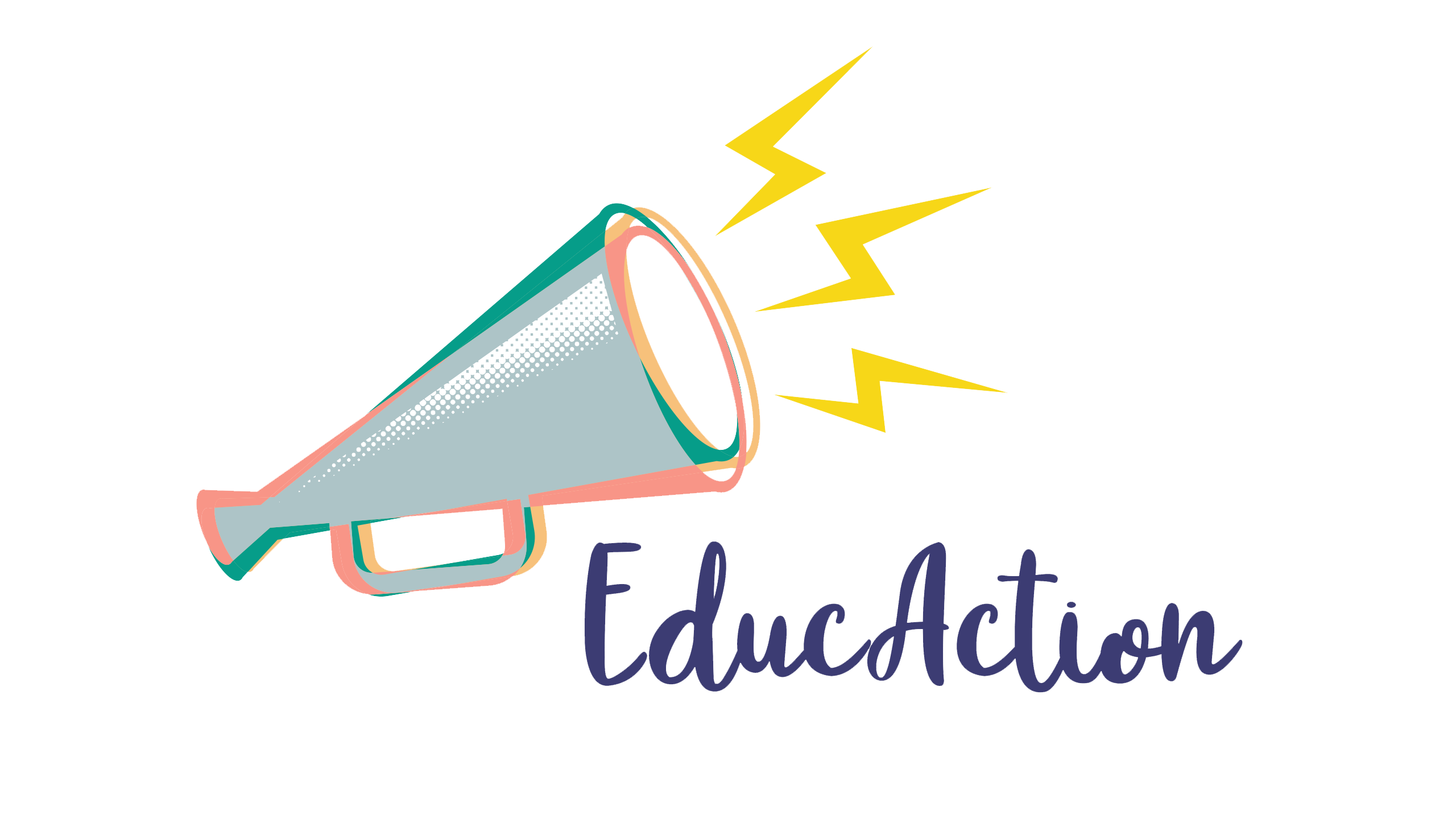Knowledge repository
School labs
A participatory process focused on the students and the school environment, to identify needs and challenges and develop common solutions.
Through the School Labs the school assumed the role of a democreatic agora where students learned to take collective decisions.
The initial meetings were dedicated to identify at least one challenge/problem which was further analysed outside the class, and summarised in a Problem Statement Report, drafted by each School Lab.
Students and teachers were then involved in the co-design of at least one School Initiative to tackle the identified problem.
Community labs
After the pupils have completed their research at school level, they will look at the bigger picture. How can they actively contribute to change in their local community, how do they make decisions in their work? They receive support from the local community. Together, they will set off in Hasselt to come up with a proposal to make the young people’s voices loud and clear.
The first initiative of the Community Labs was a territory mapping to identify young people’s main needs and challenges: students learnt to use open data to improve their understanding of local governance and decision-making procedures by learning co-design and participatory methodologies, tools and techniques of citizen journalism and photo and video reporting.
Community solution prototype
Piloting community solution
The solutions identified in each city were tested and validated at local level: students led this activity and through interviews, questionnaire and online survey assessed whether the proposed solution really met the needs and expectations of the community.
interview, questionnaires, online consultation were submitted from citizens and groups which were supposed to have a specific role in the delivery of the Community Solution prototyped took part in the consultation and the main findings where summarised into an Audit’s Synthesis Report.
Following the Audit Phase, the local authority, local stakeholders, parents, and teachers supported the students to identify the main elements to be included in the final elaboration of a Community Solution Proposal.
Following on from the School and Community Labs students, together with community stakeholders (teachers, civil society and local government), designed and implemented a pilot project to collectively tackle a local issue.
The process was underpinned by a needs analysis to identify relevant issues, a collective decision-making process to select one issue to work on and a co-design methodology.
Despite the different contexts in the four countries similar issues emerged through the needs assessment, in particular:
- The lack of child/young people friendly places in the city.
- The lack of an exchange of knowledge and ideas between authorities and community.
- The need to restore young people’s confidence in their ability to make change happen.
- The need for communities to cooperate and exchange ideas, replicate best practices and have young people cooperate with local organizations, stakeholders, authorities etc.
These themes were discussed during a three-day online Civic Hackathon leading to the development of a Youth Civic Manifesto: a document listing the most important factors to consider to increase youth’s participation in local/school/neighbourhood affairs affecting their lives, directly and indirectly.
